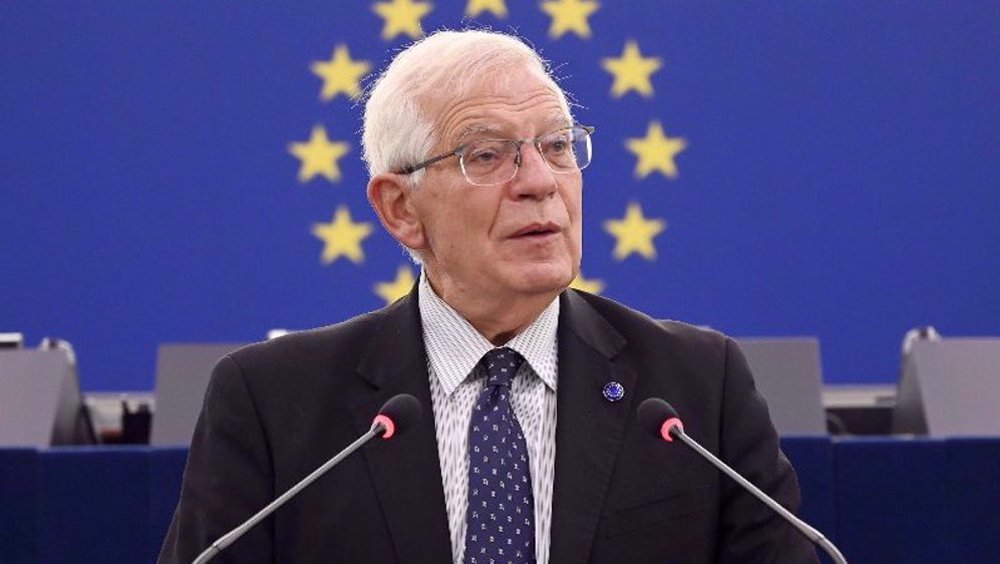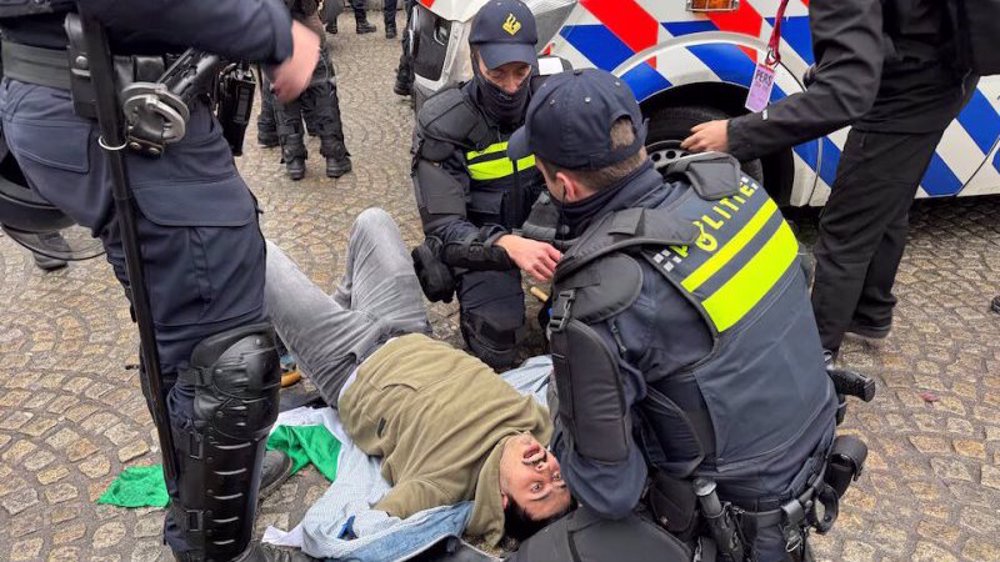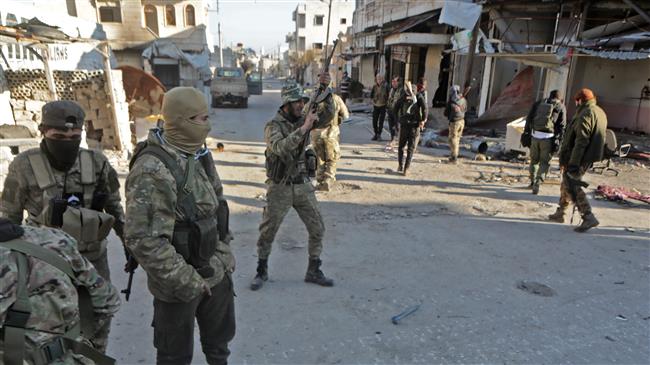Greece tightens border control after Turkey opens gates
Greece has tightened control on the border with Turkey following a decision by Ankara to stop preventing the flow of refugees into Europe and amid fears of a new coronavirus spread.
The European Union (EU) and Turkey struck a deal in 2016 under which Turkey would hold back refugees hoping to reach Europe via Turkish territory. But a senior Turkish official said that his country would no longer prevent Syrian refugees from reaching Europe after more than 30 Turkish soldiers were killed in an airstrike by Syrian government forces in the Syrian province of Idlib on Thursday.
In response, authorities in Greece, the main gateway to Europe for refugees, deployed police officers to Kastanies, a land border with Turkey, on Friday in an attempt to block the flow of dozens of refugees who had gathered in the area.
“They will not enter the country. They are irregular migrants, we won’t let them enter,” a Greek government official told Reuters.
Greece also stepped up maritime patrols around its islands on Friday.
Greek Prime Minister Kyriakos Mitsotakis also discussed the movement of refugees toward Greece with German Chancellor Angela Merkel.
“I want to be clear: no illegal entries into Greece will be tolerated. We are increasing our border security,” Mitsotakis wrote on Twitter.
The scenes of refugees heading toward Turkey’s border with Greece sparked fears of a repeat of the 2015 refugee crisis when over one million refugees arrived in the EU, most of them fleeing conflict zones in the Middle East and North Africa.
This time around, there are also fears of a new coronavirus outbreak that has reached some European countries from China.
Bulgaria also reinforced border controls at its border with Turkey, dispatching 1,000 additional troops to the area.
Meanwhile, the EU said on Friday that Ankara had not officially informed the bloc that it had suspended the 2016 deal. The Turkish warning was seen as an attempt to apparently raise the pressure on European leaders into backing Turkey’s military campaign in Syria.
IRGC chief urges Muslim countries to cut aid routes to Israel
'New chapter in cooperation': Iran, Venezuela sing new MoUs
Jordan sentences former lawmaker for supporting Palestinian resistance
Basij volunteer forces hold massive drills in southwestern Iran
Israeli war criminals 'not welcome', US city says after ICC ruling
US vetoing of Gaza ceasefire resolution ‘disgraceful’: Iran’s UN envoy
VIDEO | IAEA adopts anti-Iran resolution tabled by E3
VIDEO | Iran's president urges Pope to help end Israel's onslaught in Gaza













 This makes it easy to access the Press TV website
This makes it easy to access the Press TV website